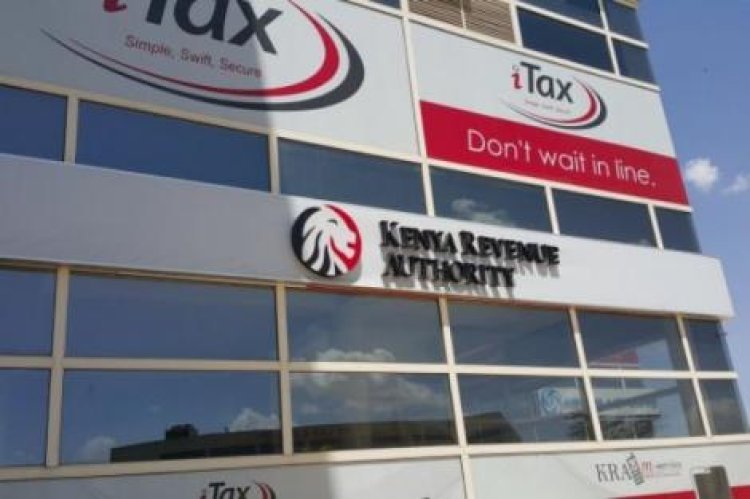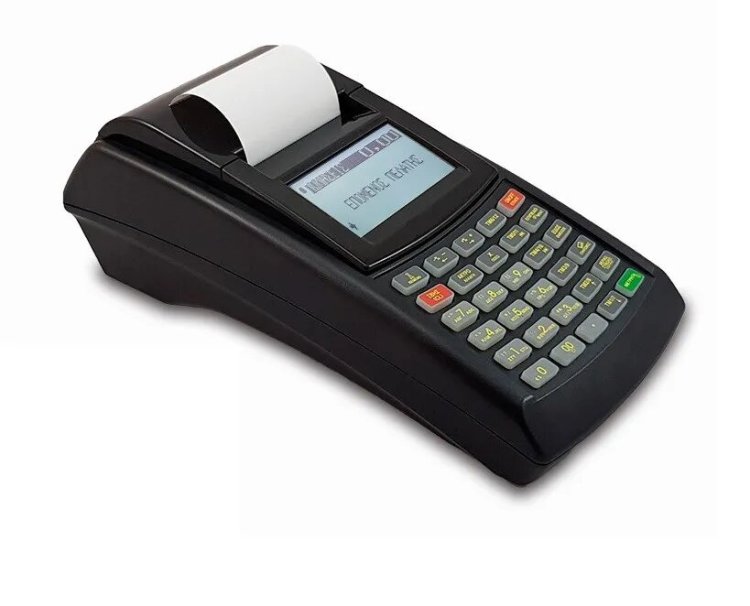KRA Hands Relief To Small Businesses Making Less Than Ksh5 Million
Treasury Cabinet Secretary (CS) Njuguna Ndung'u declared that “supplies by a resident person whose annual turnover is less than five million shillings” will be exempt from this requirement.

The government through the National Treasury on Thursday, January 11 exempted businesses with an annual turnover of less than Ksh5 million from issuing electronic tax invoices (eTIMS) from the Kenya Revenue Authority’s (KRA) prescribed system.
This has been captured in gazetted Tax Procedures (Electronic Tax Invoice) Regulations 2023 which mandate the use of eTIMS by all businesses in Kenya to enhance tax compliance.
In the regulations, Treasury Cabinet Secretary (CS) Njuguna Ndung'u declared that “supplies by a resident person whose annual turnover is less than five million shillings” will be exempt from this requirement.

Treasury CS Njuguna Ndung'u appearing before the National Assembly Departmental Committee on Finance and National Planning on December 6, 2023. /PARLIAMENT OF KENYA
However, small businesses will only show transactions rather than generate and transmit electronic invoices through eTIMS as KRA works on a separate system to accommodate their operations.
The regulations also include exemptions for certain transactions like emoluments, imports, investment allowances including internal accounting adjustments, airline passenger ticketing, interest and fees charged by financial institutions from generating eTIMS.
Also included are expenses subject to withholding tax which is a final tax and supplies by non-residents without a permanent establishment in Kenya.
The new rules stipulate that the commissioner may by notice in the Gazette exempt a person from the requirements of the use of an electronic tax invoice, though the commissioner can revoke this exemption for reasons to be specified in the notice.
"The Commissioner may exempt a person from the requirement of issuing electronic tax invoice where the business income in relation to a transaction is received through a payment platform recommended by the Commissioner, and the information is transmitted to the Authority’s system," the regulations read in part.
According to the new rules, failure to comply with the regulations or tampering with eTIMS devices could attract penalties specified in the Tax Procedures Act, 2015.
The commissioner will also have the power to retire an eTIMS device if a business closes down or transitions away from the technology.
As of January 1, 2024, all businesses operating in Kenya that were not registered for VAT but were registered for turnover tax, monthly rental income, partnerships, corporation tax, and individual income tax were expected to have onboarded the eTIMS.
However, according to KRA officials, for the four, months, only 6,000 businesses had registered; representing less than 1 per cent of all registered businesses in the country.
The move had as a result forced KRA to extend the deadline for the onboarding of the eTIMS system from January 1 to March 2024 to increase its uptake.
“There’s a bit of delay, especially from the taxpayers who are not registered on VAT because as we speak as of December last year, we only have about 6,000. The data available to us on registered businesses, the ones that have a PIN, are about 663,000 entities that are expected to be on board by March 2024," Hakamba Wangwe, KRA chief manager for eTims, indicated.
“But then the information out there, when you look at the informal sector and when you look at businesses which are not registered for PIN, we’re projecting that the number could be up to 7 million customers.”
The rollout of eTIMS started in January 2022 voluntarily but faced some resistance, especially from small taxpayers, a matter which forced KRA to extend the deadline to 2023.


 admin
admin 




